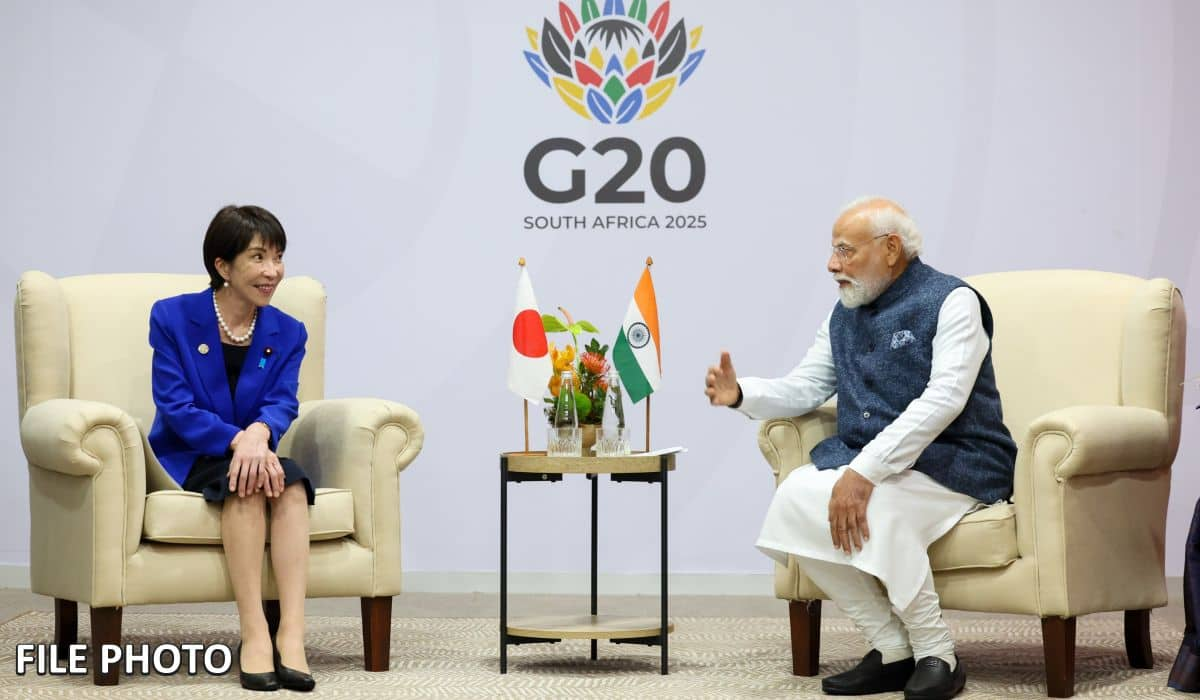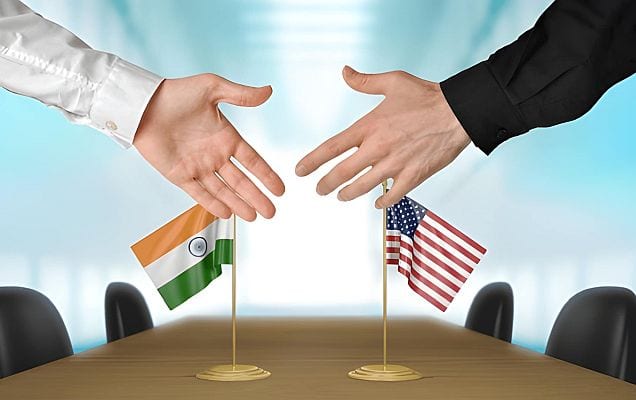“I salute the determination of all those involved in this rescue campaign. Their courage and resolve have given a new life to our fellow workers. Everyone involved in this mission has set a remarkable example of humanity and teamwork,” PM Modi said in a telephonic conversation with the rescued workers who were successfully pulled out of a collapsed tunnel in Uttarakhand.
41 workers had been trapped in the Silkyara tunnel for the past 17 days. The rescue operation, involving both advanced machinery and ingenious manual skill, lasted over 400 hours. The remarkable resilience displayed by the trapped workers, the dedicated rescue team, and the overarching administrative efforts collectively exemplify an impressive showcase of grit and perseverance.
This massive operation led by the central and state rescue teams is another example of Modi government’s deep commitment to the principles of federalism. It is also a masterclass in effective and timely mobilisation of resources to address the needs of citizens facing distressing situations.
Operation Ganga: Safely Evacuating Over 20,000 Indian Students from Ukraine
However, this is not something that we are seeing for the first time. Operation Ganga, a monumental effort to evacuate over 22,000 Indian students from Ukraine amidst a war, stands as a remarkable achievement. The mission entailed pooling of substantial resources, the provision of humanitarian assistance and the creation of a safe passage for students to return home. Prime Minister Modi was involved in every intricate detail of the operation—right from logistics to the diplomatic reach-out. In addition, to personally coordinate the entire rescue mission, four Union Ministers were dispatched to four neighbouring countries to Ukraine. On the home front, efforts were made to assuage the concerns of every parent, ensuring they were reassured about the swift and secure return of their children.
This is the Modi government’s ‘whole-of-government’ approach, where swift coordination between diverse ministries, government departments and public agencies leads to coherent action giving exceptional results.
The Machchhu Dam Disaster of 1979
However, the groundwork for Prime Minister Modi's mass mobilization approach was established during the early years of his public service. A striking and pioneering instance of this approach emerged during the Machchhu dam failure, commonly known as the Morbi disaster. It came to known as history’s biggest dam-related disaster unleashing a flood of water through the city of Morbi in 1979, leading to over 25,000 casualties and earning the unfortunate distinction of being the worst dam burst according to the Guinness Book of World Records.
At that time, Narendra Modi, an RSS Karyakarta in Gujarat, undertook extraordinary efforts to assist those affected on the ground. He leveraged the organisational strength of the RSS by mobilising the karyakartas in the time of crisis. He did not stop there. In the demoralizing aftermath, Narendra Modi, in his inimitable style, penned an inspirational letter to motivate the youth in Morbi to rebuild their lives.
The monumental relief efforts in Morbi spanned over a span of over two months, during which Narendra Modi who was an RSS Sangathak in Gujarat, demonstrated exemplary leadership, by personally taking charge and remaining at the forefront until the last bus taking volunteers home departed. Along with RSS volunteers, he assessed the situation and created a detailed plan through which teams were assigned specific tasks to address the different problems arising from the tragedy. Governments can take time before they can choose a course of action. But the 29-year-old worker Narendra Modi, pursued a singular course of action - reaching the people and find ways to alleviate their suffering.
2001 Gujarat Earthquake
Another compelling instance of Narendra Modi's commitment to mobilizing every available resource for swift and effective resolution, is the handling of the devastating 2001 earthquake that shook the state of Gujarat. Even before assuming role as Gujarat’s Chief Minister, Narendra Modi, then a BJP karyakarta, immediately rushed to ground zero to aid the affected.
During the aftermath of the massive earthquake in Bhuj, where Narendra Modi had no official role in the Gujarat government or the party hierarchy, he leveraged his personal network in the Sangh and mobilised the BJP's cadre to provide assistance to the earthquake victims. Witnessed by all, he rode pillion on a motorcycle to assess the damage and come up with potential remediation measures. Collaborating with non-profit organizations, organizing relief camps, distributing food, and coordinating support collection nationwide and internationally, Narendra Modi displayed how far he can go to assist those in need, irrespective of any formal power or position.
Upon assuming the role of Chief Minister shortly after, Modi chose to spend Diwali in 2001 in Bhuj, in solidarity with the earthquake victims. Shortly afterward, CM Modi displayed sensitive leadership when he organized a mass worship offering to Mother Earth, alleviating fears caused by the earthquake.
When faced with the monumental task of rehabilitation, Chief Minister Narendra Modi left no stone unturned in mobilizing the state’s government machinery. In the face of officials estimating a rehabilitation period of at least three years, Narendra Modi, not aloof of ground realities in Gujarat and conscious of the urgency for those who had become homeless and destitute, issued a straightforward directive: Kutch should stand on its feet again in three months. As the first anniversary of the earthquake of 26 January 2002 approached, Kutch not only stood on its feet but also started regaining momentum.
The Uttarakashi Tunnel Rescue materialized into reality only through decisive leadership at the helm which demonstrated a profound concern for those at the grassroots level. India stood to benefit from the hands-on experiences of the Prime Minister, who has witnessed and managed several many disasters and crisis as a RSS swayamsevak, a BJP karyakarta, and later as the head of the state in Gujarat and India.
Today, we see that this personal abilitiy of PM Modi has transformed into institutional power. This ‘whole-of-government’ approach has transformed the governance paradigm in India, and today one can proudly say that it was an all of government, all of India operation.













